Home>Home Maintenance>How Much Do Inspection Costs Typically Cost For Buyers?
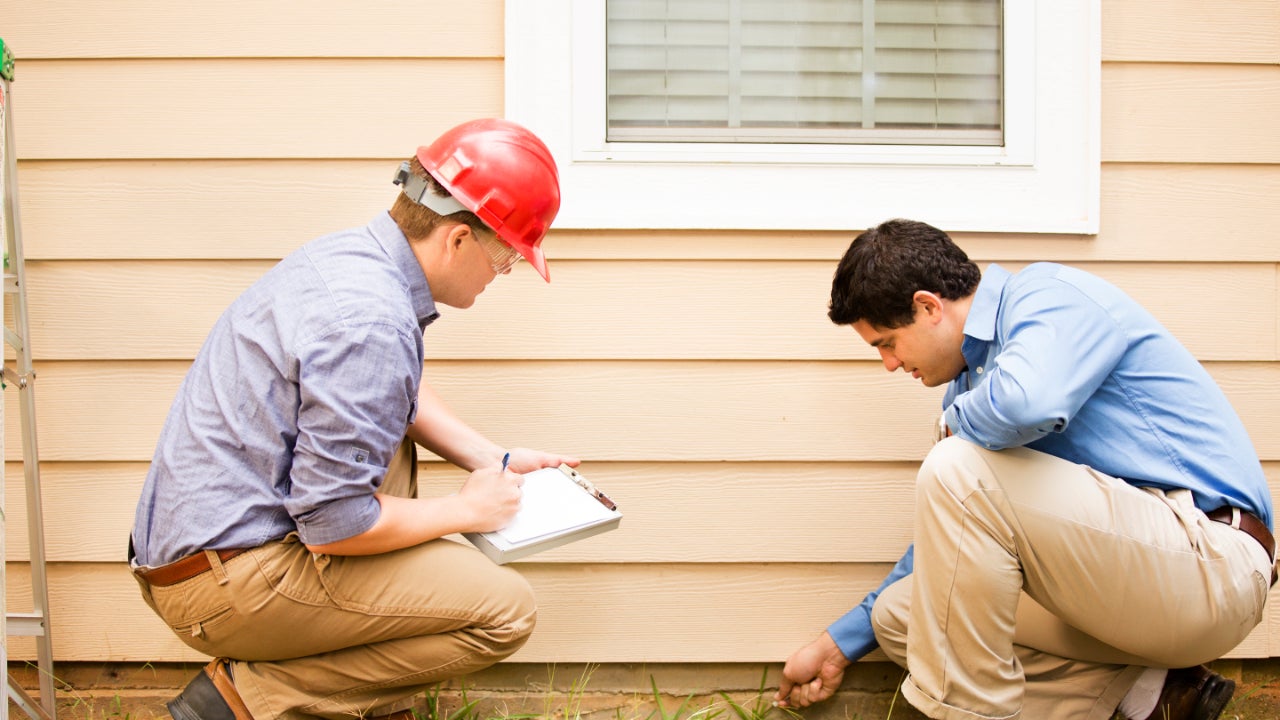

Home Maintenance
How Much Do Inspection Costs Typically Cost For Buyers?
Modified: March 6, 2024
Find out the average cost of home inspection for buyers and plan your home maintenance budget accordingly. Ensure a seamless buying process with accurate inspection costs.
(Many of the links in this article redirect to a specific reviewed product. Your purchase of these products through affiliate links helps to generate commission for Storables.com, at no extra cost. Learn more)
Introduction
When it comes to purchasing a new home, there are many steps involved in ensuring that the property is in good condition and meets your expectations. One crucial step in this process is conducting a thorough inspection of the home. A home inspection provides valuable insights into the condition of the property and can reveal potential issues that may require attention or affect its value.
However, before diving into the details of inspection costs, it’s important to understand what a home inspection entails. During a home inspection, a licensed professional examines various components of the property, including the structure, electrical systems, plumbing, HVAC (Heating, Ventilation, and Air Conditioning), and more. The inspector’s goal is to identify any existing or potential problems that could impact the safety, functionality, or value of the home.
Now, let’s delve into the factors that affect inspection costs and what you can expect to pay when hiring a professional home inspector.
Key Takeaways:
- Don’t skimp on a home inspection! It’s a crucial investment that can save you from costly repairs in the future. Prioritize quality over cost when choosing a reputable inspector.
- Save on inspection costs by comparing prices, bundling services, and seeking referrals. But always prioritize the expertise and thoroughness of the inspector for a comprehensive assessment.
Factors Affecting Inspection Costs
Several factors can influence the cost of a home inspection. Understanding these factors will give you a clearer idea of what to expect when budgeting for this essential step in the home buying process.
- Size of the Property: The size of the property is often a primary factor in determining inspection costs. Larger homes generally require more time and effort to inspect thoroughly, so expect the cost to increase accordingly.
- Type of Property: Different types of properties may have varying inspection requirements. For example, inspecting a single-family house is usually less complex compared to a multi-unit residential building or a commercial property. The complexity and scope of the inspection can impact the overall cost.
- Location: The location of the property can also play a role in inspection costs. In areas where the cost of living is higher, such as metropolitan cities, the fees for inspection services may be slightly higher.
- Additional Services: In some cases, you may require additional services like radon testing, mold inspection, or termite inspection. These services typically come at an extra cost and can increase the overall price of the inspection.
- Experience and Qualifications of the Inspector: The experience and qualifications of the home inspector can also impact the cost. Inspectors with several years of experience or additional certifications may charge higher fees for their expertise.
Keep in mind that while cost is an important factor, it’s equally crucial to prioritize the professionalism and qualifications of the home inspector. Choosing a reputable inspector with a solid track record of providing thorough and accurate inspections is vital to ensuring a comprehensive assessment of the property.
Average Inspection Costs by Type of Property
The average cost of a home inspection can vary depending on the type of property being inspected. Here is a general breakdown of inspection costs based on the type of property:
- Single-Family Houses: On average, the cost of inspecting a single-family house ranges from $300 to $500. However, factors such as the size, age, and location of the property can cause the price to fluctuate.
- Condominiums and Townhouses: The cost of inspecting a condominium or townhouse is typically lower than that of a single-family house. You can expect to pay between $200 and $400 for an inspection of this type of property.
- Multi-Unit Residential Buildings: Inspecting multi-unit residential buildings, such as duplexes or apartment complexes, is more complex and time-consuming. As a result, inspection costs for these types of properties may range from $500 to $800 or more, depending on the size and number of units.
- Commercial Properties: Inspecting commercial properties requires specialized knowledge and expertise. The cost can vary significantly depending on the size, complexity, and specific requirements of the property. Commercial property inspections can range from $1,000 to several thousand dollars.
Please note that these price ranges are approximate and can vary depending on factors specific to each property and the location of the inspection.
It’s important to remember that while the cost of an inspection may seem high, it is a worthwhile investment when considering the long-term financial implications. A thorough inspection can uncover potential issues that could save you from expensive repairs down the line, or even help in renegotiating the purchase price of the property.
When budgeting for a home inspection, buyers should expect to pay between $300 to $500 on average. However, costs can vary depending on the size and location of the property, as well as the specific services included in the inspection. It’s important to factor in this expense when planning for the overall cost of purchasing a home.
Additional Costs Associated with Inspections
While the main cost of a home inspection is typically covered by the inspection fee, there might be additional costs that you should be aware of. These additional costs can vary depending on your specific needs and the condition of the property being inspected. Here are a few common additional costs associated with home inspections:
- Specialized Inspections: Depending on the location, type of property, and your specific concerns, you might need additional specialized inspections. These can include tests for radon, mold, lead paint, asbestos, or even pest inspections. Each additional inspection comes with its own cost, ranging from $100 to a few hundred dollars.
- Repair Estimates: If the home inspector identifies any significant issues during the inspection, you may need to seek repair estimates from qualified professionals. These estimates can help you understand the potential cost of necessary repairs and factor them into your decision-making process.
- Reinspection Fees: In some cases, sellers may agree to fix certain issues discovered during the initial inspection. In such situations, it’s common to have a reinspection to ensure that the repairs were completed properly. Reinspection fees can range from $100 to $200, depending on the extent of the repairs.
- Additional Consultations: If you have specific concerns or questions about the property that go beyond the scope of the standard inspection, you might opt for additional consultations with professionals such as structural engineers or HVAC specialists. These consultations can provide in-depth insights but may come with an additional cost.
It’s important to discuss your specific needs with the home inspector beforehand to determine if any additional inspections or services are necessary. This will help you budget accordingly and avoid any surprise costs.
Remember, while additional costs may arise, they are ultimately an investment in your peace of mind and can help you make informed decisions regarding the purchase of a property.
How to Save on Inspection Costs
While the cost of a home inspection is an essential expense, there are ways to potentially save on these costs without compromising the quality and thoroughness of the inspection. Here are a few strategies to help you keep inspection costs within your budget:
- Compare Prices: Research and compare prices from multiple licensed home inspectors in your area. Keep in mind that the cheapest option may not always be the best, so consider the inspector’s qualifications, experience, and reputation in addition to the cost.
- Bundle Services: If you require additional inspections, such as radon or pest inspections, consider bundling them with the standard home inspection. Many inspectors offer package deals that can provide savings compared to ordering the services separately.
- Ask for Referrals: Seek recommendations from trusted friends, family, or real estate professionals who have recently undergone home inspections. Referrals can help you find reliable and reasonably priced inspectors in your area.
- Request Discounts: Some inspectors may offer discounts for certain categories of buyers, such as first-time homebuyers or military personnel. Don’t hesitate to inquire about any potential discounts that may be available.
- Choose Wisely: While it may be tempting to opt for the quickest and cheapest inspection, it’s essential to prioritize the reputation and qualifications of the inspector. Hiring a thorough and experienced professional can save you from unexpected expenses and issues in the future.
- Attend the Inspection: Consider attending the inspection yourself, if possible. By being present during the inspection, you can ask questions, gain a better understanding of the property, and potentially reduce the need for additional consultations or re-inspections.
- Review the Report: After the inspection, carefully review the inspection report. Understand the main findings and prioritize any major issues or safety concerns. This will help you allocate your repair budget effectively and avoid unnecessary expenses.
Remember, while saving on inspection costs is important, it’s crucial not to compromise on the quality and thoroughness of the inspection. Investing in a comprehensive inspection will provide you with valuable insights and peace of mind regarding the condition of the property you intend to purchase.
Read more: How Much Do Home Repairs Cost
Conclusion
When it comes to purchasing a new home, a thorough inspection is a crucial step to ensure that the property is in good condition and meets your expectations. While inspection costs can vary depending on several factors, including the size and type of property, additional services, and the experience of the inspector, it’s important to prioritize the professionalism and qualifications of the inspector above cost alone.
By understanding the factors that can affect inspection costs and being aware of potential additional expenses, you can better prepare yourself for the financial aspects of the home inspection process. Comparing prices, bundling services, and seeking referrals can also help you save on inspection costs without compromising on the quality of the inspection.
Remember that a home inspection is a crucial investment in your future. It provides valuable insights into the condition of the property, helps you identify potential issues, and allows you to make informed decisions about your purchase. While the upfront cost of a home inspection may seem significant, it can potentially save you from costly repairs and financial burdens in the long run.
When choosing a home inspector, ensure that they have the necessary qualifications, experience, and a solid reputation in the industry. Attending the inspection and reviewing the report thoroughly will give you a better understanding of the property and help you prioritize any necessary repairs or negotiations with the seller. Ultimately, a comprehensive home inspection will provide you with the confidence and peace of mind you need to move forward with your home buying journey.
Remember, buying a home is a significant investment, and a professional home inspection is an essential part of the process. It is worth every penny to ensure that you are making an informed decision about the property and protecting your investment in the long term.
Frequently Asked Questions about How Much Do Inspection Costs Typically Cost For Buyers?
Was this page helpful?
At Storables.com, we guarantee accurate and reliable information. Our content, validated by Expert Board Contributors, is crafted following stringent Editorial Policies. We're committed to providing you with well-researched, expert-backed insights for all your informational needs.
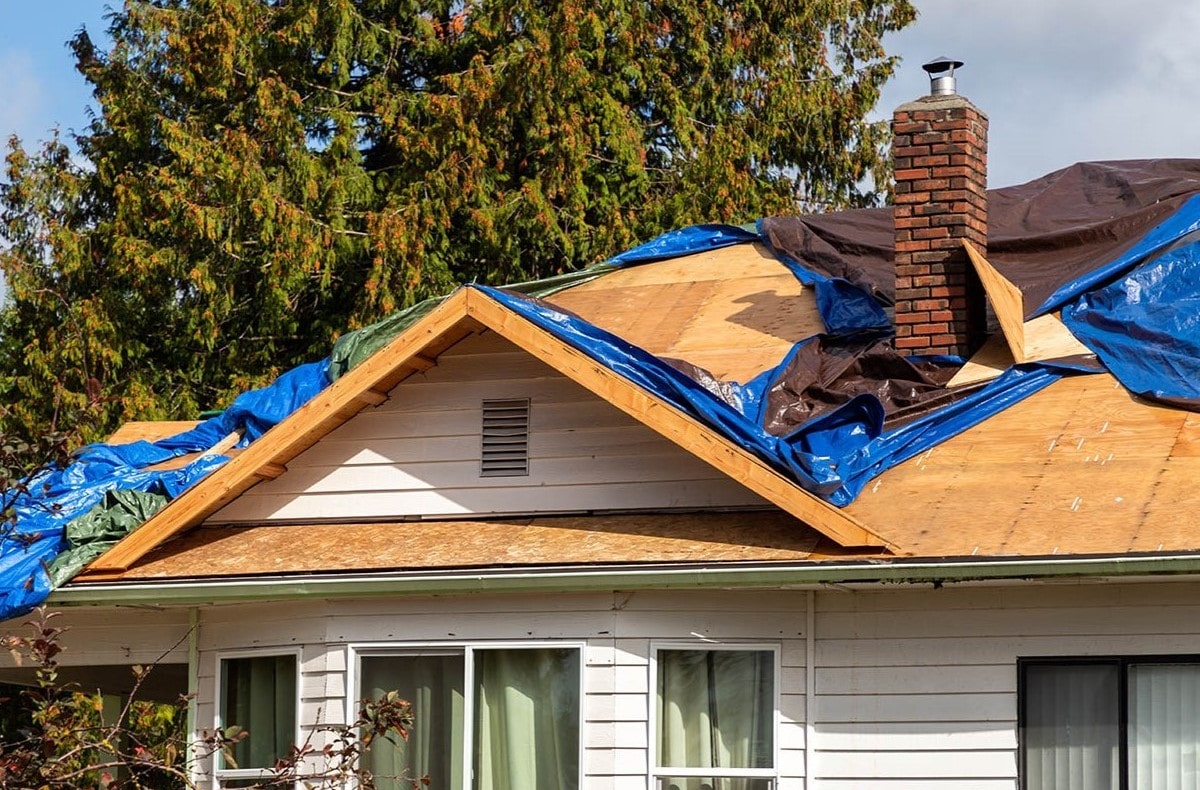

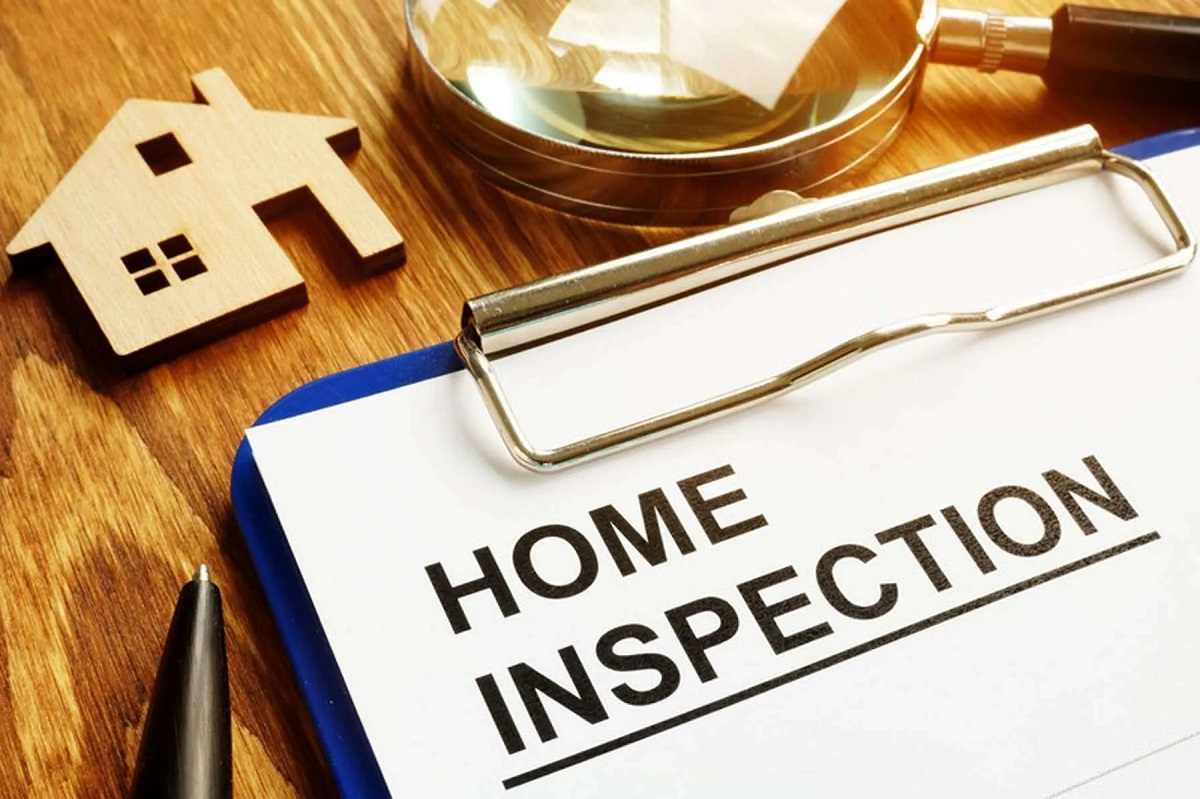
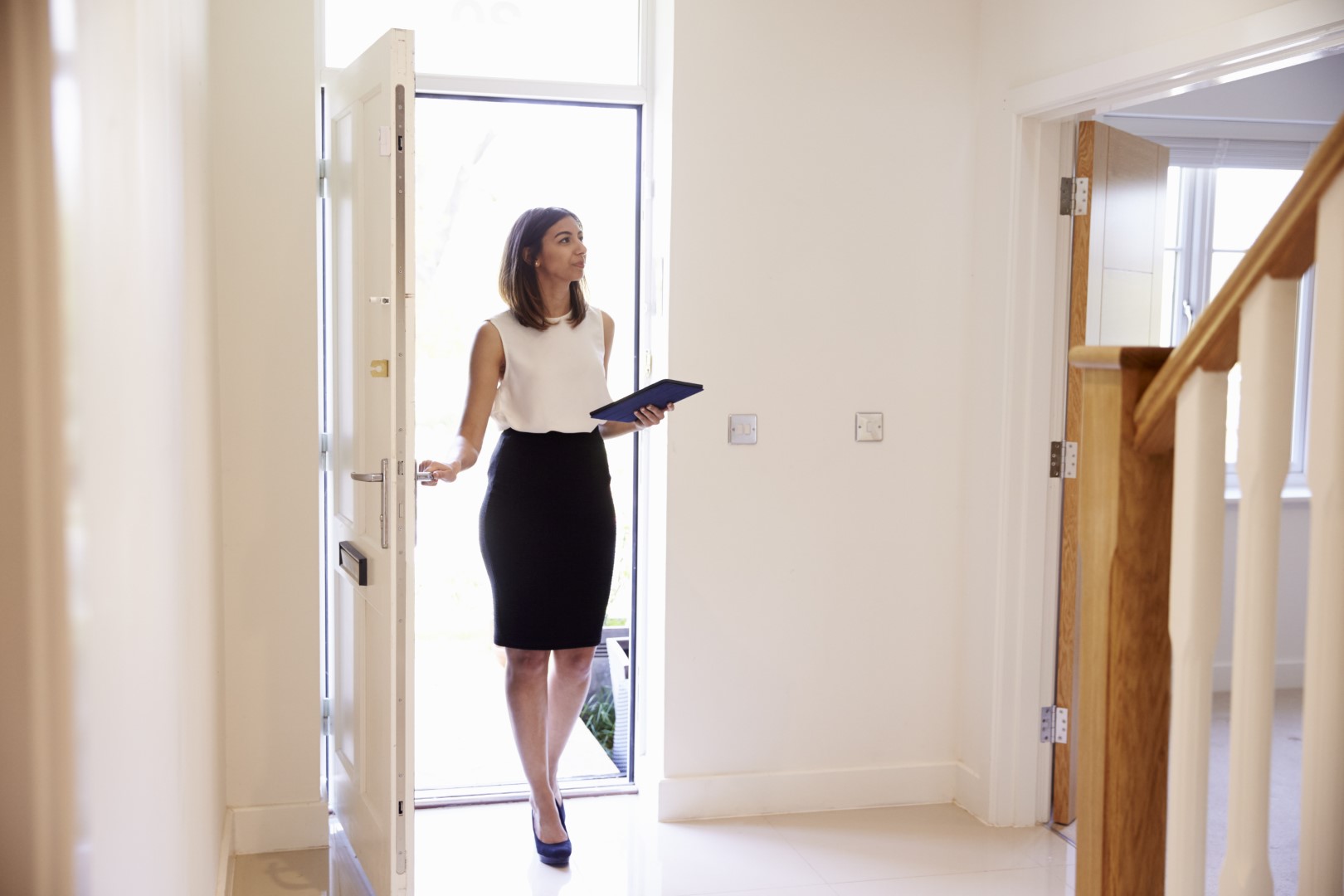
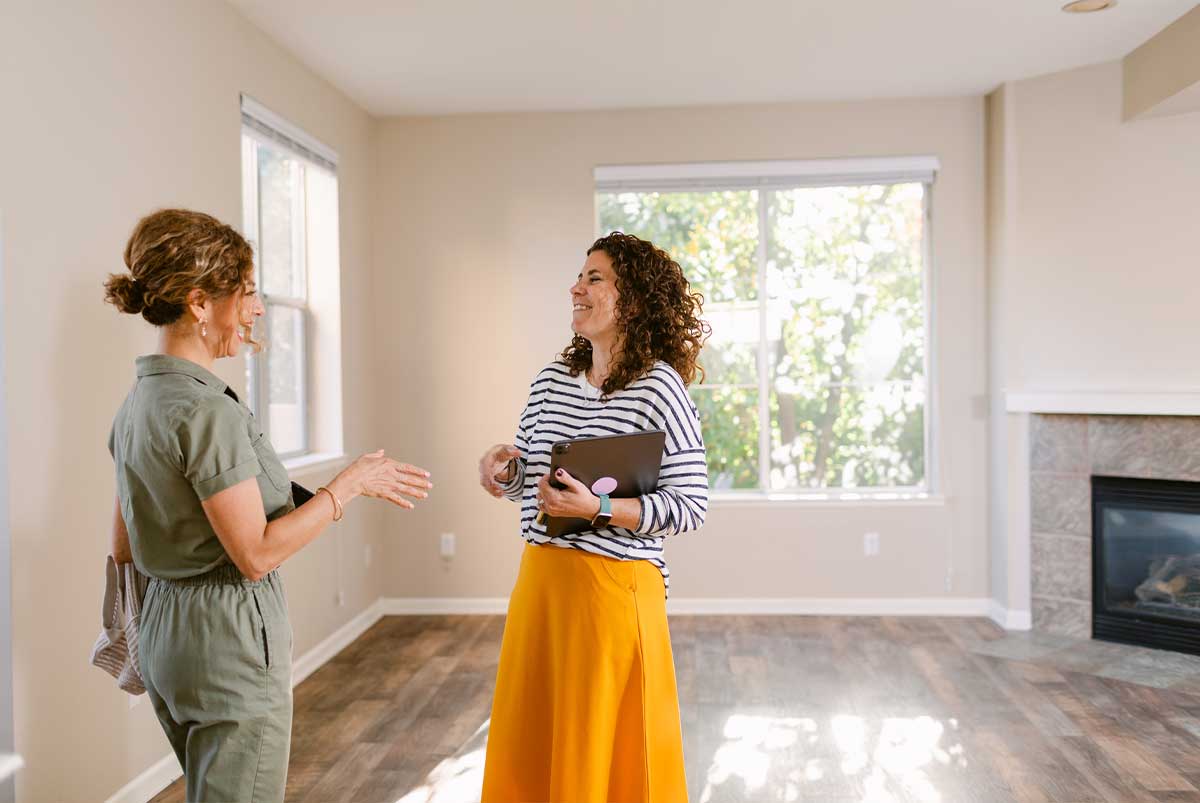

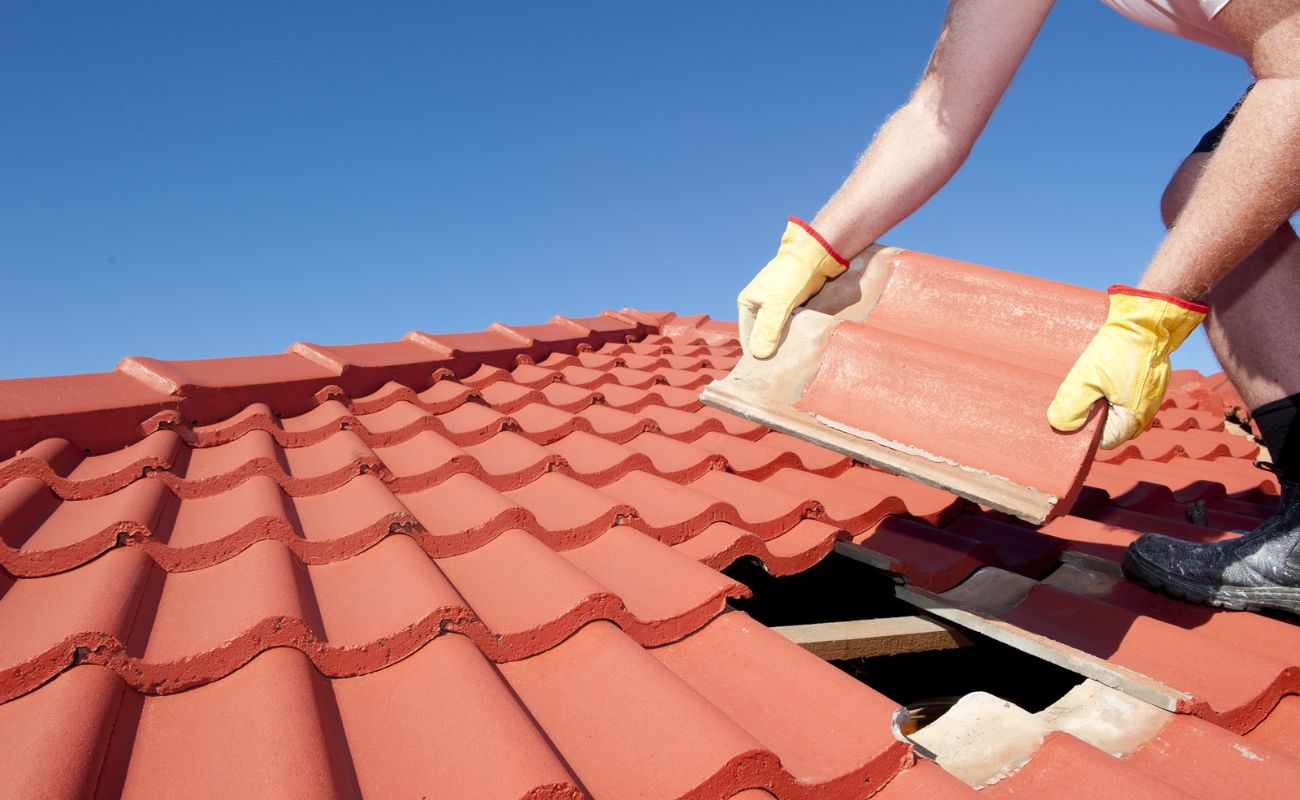
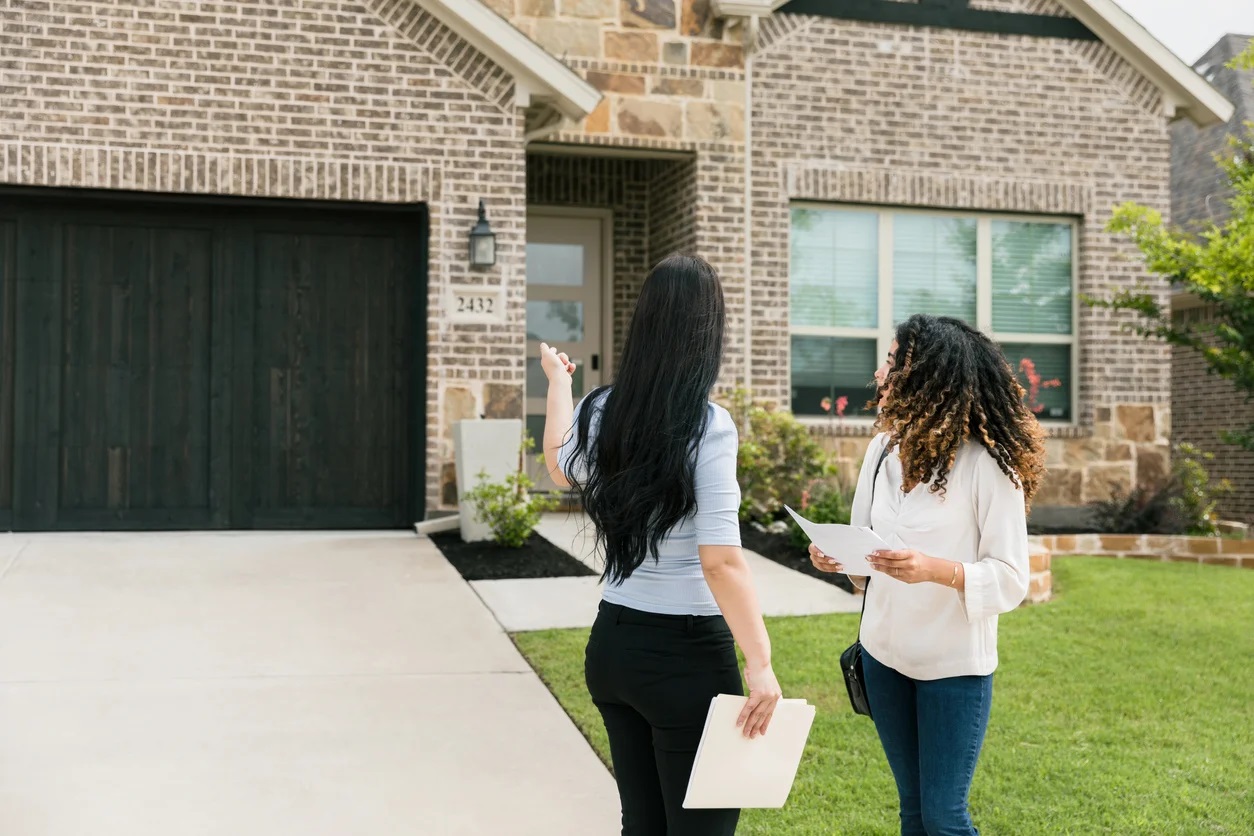
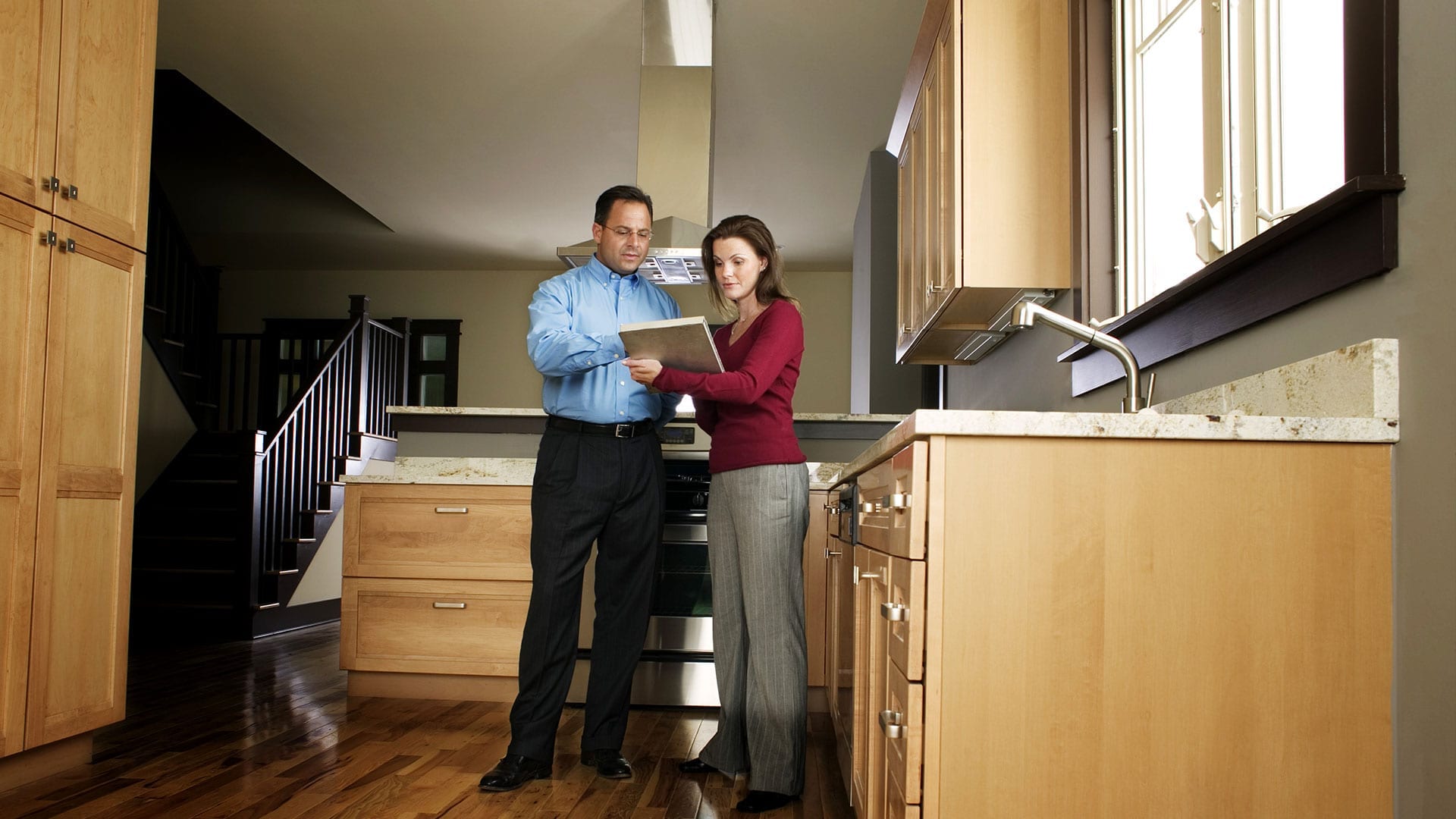


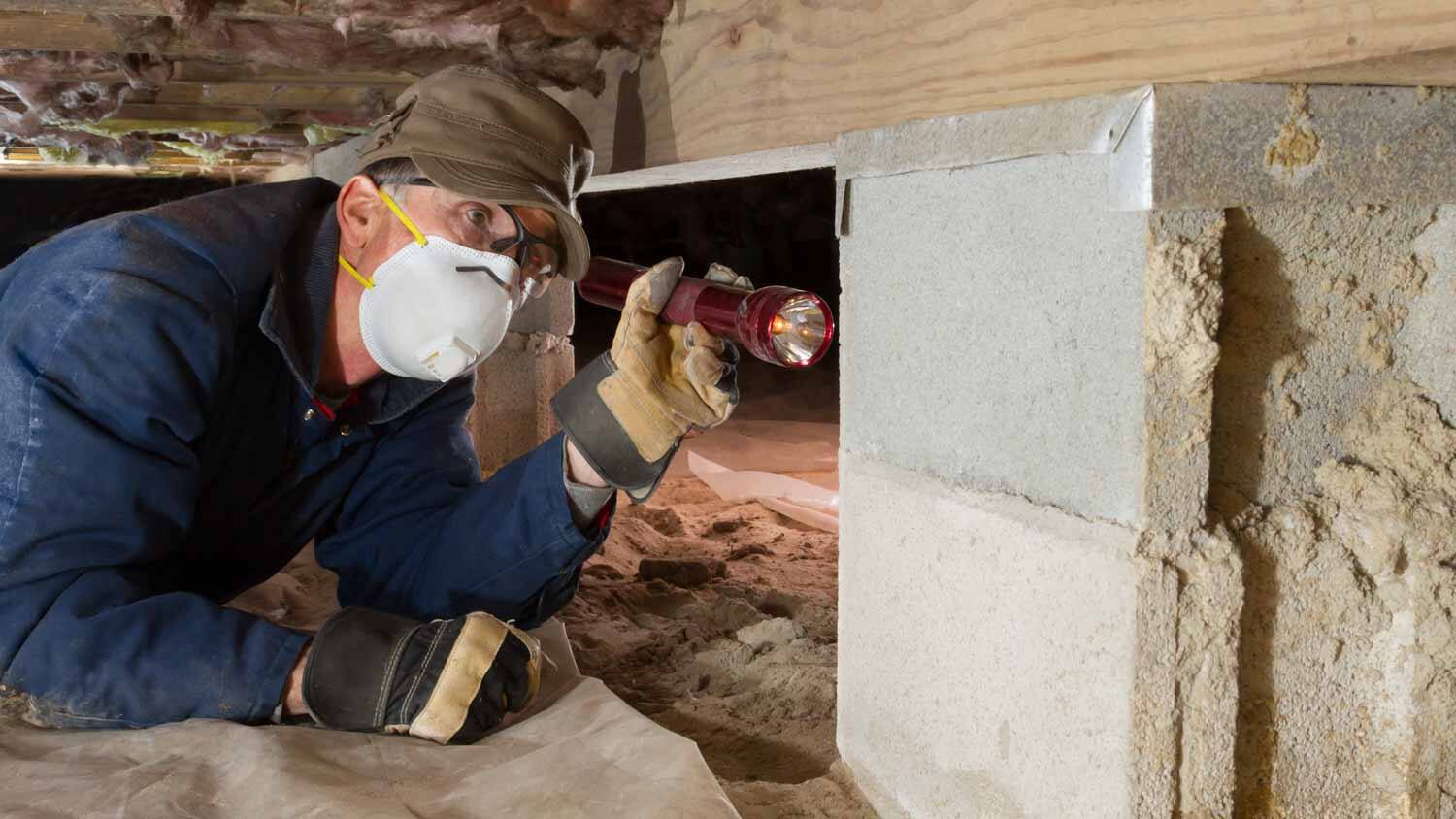
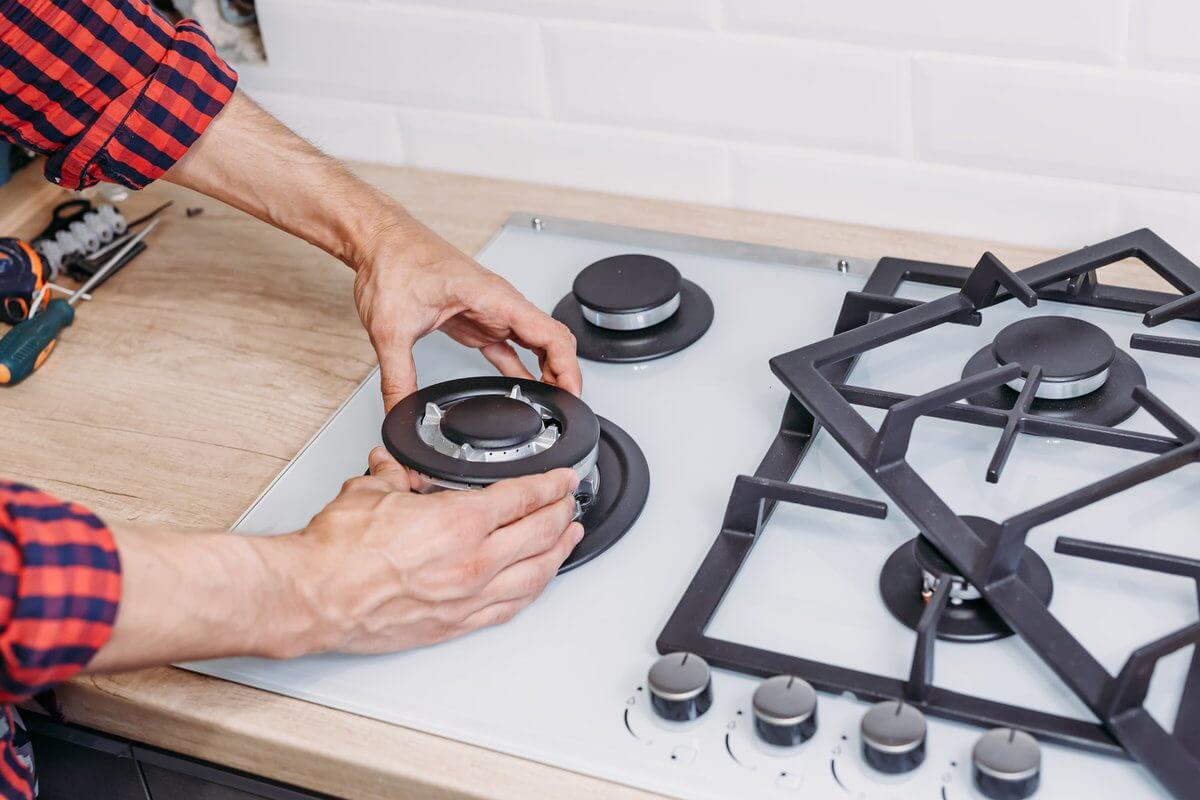
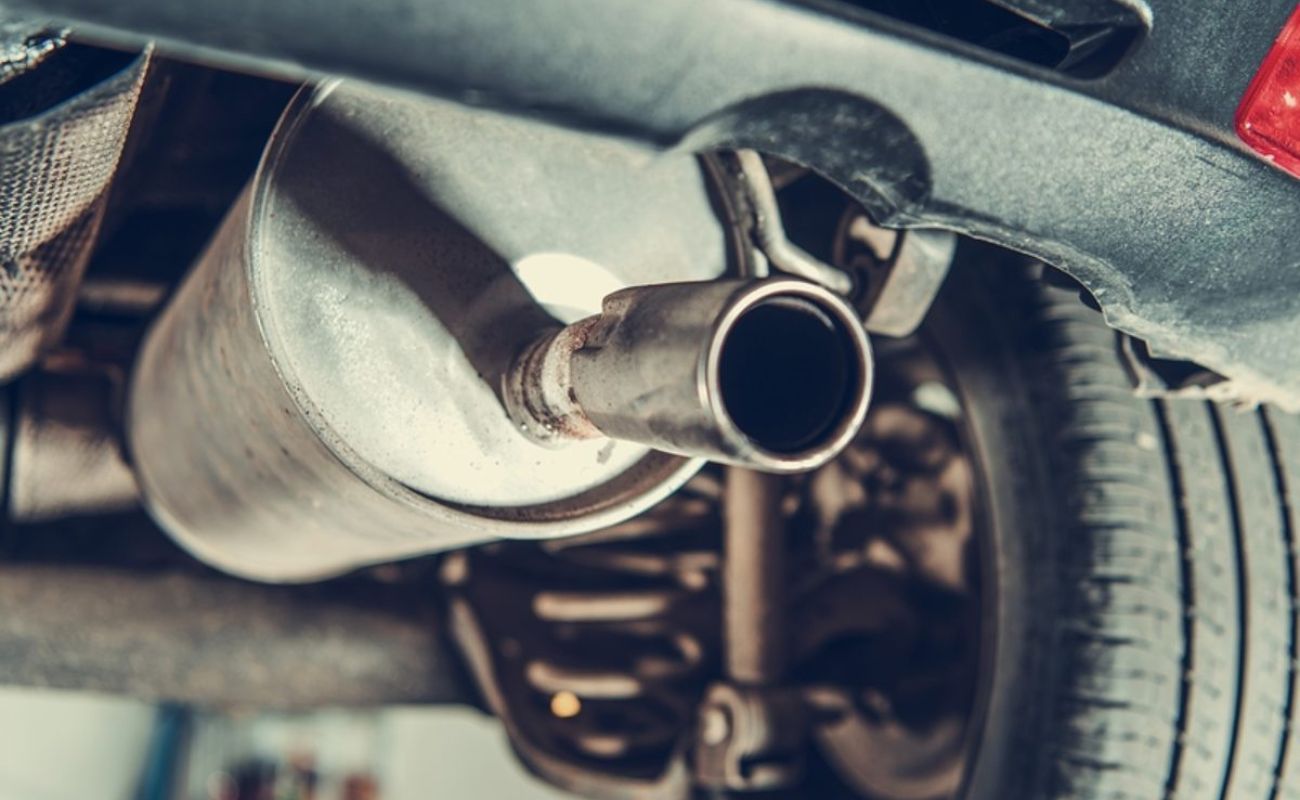

0 thoughts on “How Much Do Inspection Costs Typically Cost For Buyers?”